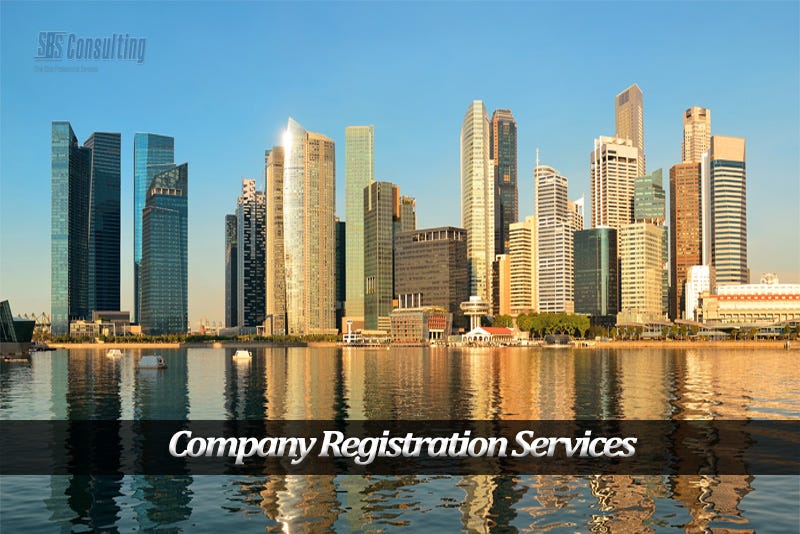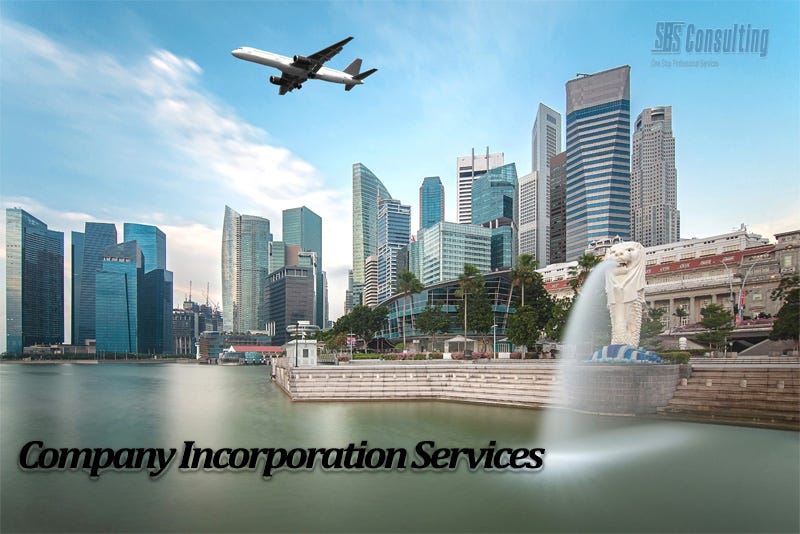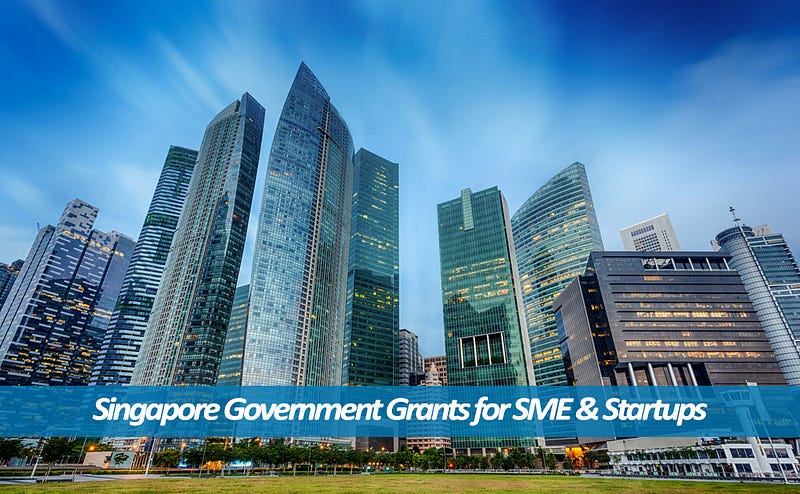Everyone has to eat thrice a day, but that does not mean that they will jump into a wagon and crash at your new restaurant for it. Well, it is entrepreneurship for you. And many will tell you it is risky to commit your resources to a company incorporation Singapore.
Being an Entrepreneur & Taking Risks
However, if you do not take any risk, you would never know how much you could have achieved with your business idea. Not many people get into the entrepreneurship as they are scared that they may lose their investment in their limited private company Singapore.
If you talk to the successful entrepreneurs or any successful individual, you will find that they succeed because they took risks. They left the zone of comfort, choose to set up a private limited company in Singapore and take on the hardships of a business owner’s life.
Get Out of Your Comfort Zone
The most people do not want to leave their ‘comfort zone.’ Are you one of them? Ask yourself, if you can incorporate a company in Singapore and do everything in your power to run it successfully.
Take your time as it is a question you will need to think out properly before paying Singapore company incorporation fees.
You may not want to take any risk, but be sure that someone else will and be the cause of monumental changes in your business niche. Even a well-established business has to take risks to expand its horizon by investing in product development.
Want Comfort of a 9–5 Job?
You, as an entrepreneur interested in a company incorporation Singapore, have to take the risk. You should walk into it with open eyes with the full understanding that you may lose all your investment; money, time, reputation, goodwill, etc. If you are not prepared for it, you should think of doing something else. If you find the security of monthly paychecks promising, you should stick to a 9–5 job and not bother any of the Singapore company registration services.
Be a Leader and Be Flexible
As an entrepreneur, you will have to lead from the front. Be a leader to your employee, and multitask, rather than be discouraged, when they leave prematurely. You will have to take decisions that may affect your loyal customers or investors profoundly.
You will also have to be flexible to change your strategies if the existing ones are not productive. You have to accept this and much more so as to embrace the uncertainty of the entrepreneurship knowingly.
An entrepreneur has to face risks and find solutions to beat them by using historical data for decision-making. You will have to learn to predict the probability of a favorable outcome of your business decision. And, then go ahead if you are comfortable with it.
You may also have to deal with the risks that are more difficult to calculate. These types of risks have ambiguity built into them. And there is not enough data to quantify them and form a strategy against them. The majority of business risks are of this type. You will need to market research & surveys to know about the consumer behavior, needs, demographic, and economic and market trends.
Cultural Bias and Taking Risks
The people react in different ways when an individual shows interest in being an entrepreneur. These responses depend on the cultural bias and family’s business background or lack of it. The families having business background responds positively to the risk-taking.
Still, the entrepreneurs having positive support to buoy them needs to be careful. They must calculate the risks to the last centimeter and accept the failure of best-laid plans.
However, you should not let the specter of failure to bog down your mind. And, keep a tight lid on your imagination and avoid exaggerating the risks especially when you have insufficient data in hand. Do not think that every failure is going to sink your new Singapore business incorporation and leave you in debts.
An entrepreneur is someone different than the common folk, as, most other individuals shy away from risks. It makes you stand out in the crowd as a man who is ready to try new business ideas. Yes, of course, your company incorporation Singapore may fail to succeed, but it is better than denying the existing of the ideas and the entrepreneurial spirit in you.
Contact us:
SBS Consulting Pte Ltd
High Street Center,
#17–02, 1 North Bridge Road,
179094 — Singapore
Phone: +65–6536 0036
Email: info@sbsgroup.com.sg
Being an Entrepreneur & Taking Risks
However, if you do not take any risk, you would never know how much you could have achieved with your business idea. Not many people get into the entrepreneurship as they are scared that they may lose their investment in their limited private company Singapore.
If you talk to the successful entrepreneurs or any successful individual, you will find that they succeed because they took risks. They left the zone of comfort, choose to set up a private limited company in Singapore and take on the hardships of a business owner’s life.
Get Out of Your Comfort Zone
The most people do not want to leave their ‘comfort zone.’ Are you one of them? Ask yourself, if you can incorporate a company in Singapore and do everything in your power to run it successfully.
Take your time as it is a question you will need to think out properly before paying Singapore company incorporation fees.
You may not want to take any risk, but be sure that someone else will and be the cause of monumental changes in your business niche. Even a well-established business has to take risks to expand its horizon by investing in product development.
Want Comfort of a 9–5 Job?
You, as an entrepreneur interested in a company incorporation Singapore, have to take the risk. You should walk into it with open eyes with the full understanding that you may lose all your investment; money, time, reputation, goodwill, etc. If you are not prepared for it, you should think of doing something else. If you find the security of monthly paychecks promising, you should stick to a 9–5 job and not bother any of the Singapore company registration services.
Be a Leader and Be Flexible
As an entrepreneur, you will have to lead from the front. Be a leader to your employee, and multitask, rather than be discouraged, when they leave prematurely. You will have to take decisions that may affect your loyal customers or investors profoundly.
You will also have to be flexible to change your strategies if the existing ones are not productive. You have to accept this and much more so as to embrace the uncertainty of the entrepreneurship knowingly.
Also read: How to Turn Your Idea Into a Successful Company Incorporation SingaporeAvoid Risks with Data Driven Decisions
An entrepreneur has to face risks and find solutions to beat them by using historical data for decision-making. You will have to learn to predict the probability of a favorable outcome of your business decision. And, then go ahead if you are comfortable with it.
You may also have to deal with the risks that are more difficult to calculate. These types of risks have ambiguity built into them. And there is not enough data to quantify them and form a strategy against them. The majority of business risks are of this type. You will need to market research & surveys to know about the consumer behavior, needs, demographic, and economic and market trends.
Cultural Bias and Taking Risks
The people react in different ways when an individual shows interest in being an entrepreneur. These responses depend on the cultural bias and family’s business background or lack of it. The families having business background responds positively to the risk-taking.
Still, the entrepreneurs having positive support to buoy them needs to be careful. They must calculate the risks to the last centimeter and accept the failure of best-laid plans.
Also read: 5 Things Every Entrepreneur Should Know Before Company Registration SingaporeBe Prepared to Face Failure
However, you should not let the specter of failure to bog down your mind. And, keep a tight lid on your imagination and avoid exaggerating the risks especially when you have insufficient data in hand. Do not think that every failure is going to sink your new Singapore business incorporation and leave you in debts.
An entrepreneur is someone different than the common folk, as, most other individuals shy away from risks. It makes you stand out in the crowd as a man who is ready to try new business ideas. Yes, of course, your company incorporation Singapore may fail to succeed, but it is better than denying the existing of the ideas and the entrepreneurial spirit in you.
Contact us:
SBS Consulting Pte Ltd
High Street Center,
#17–02, 1 North Bridge Road,
179094 — Singapore
Phone: +65–6536 0036
Email: info@sbsgroup.com.sg





